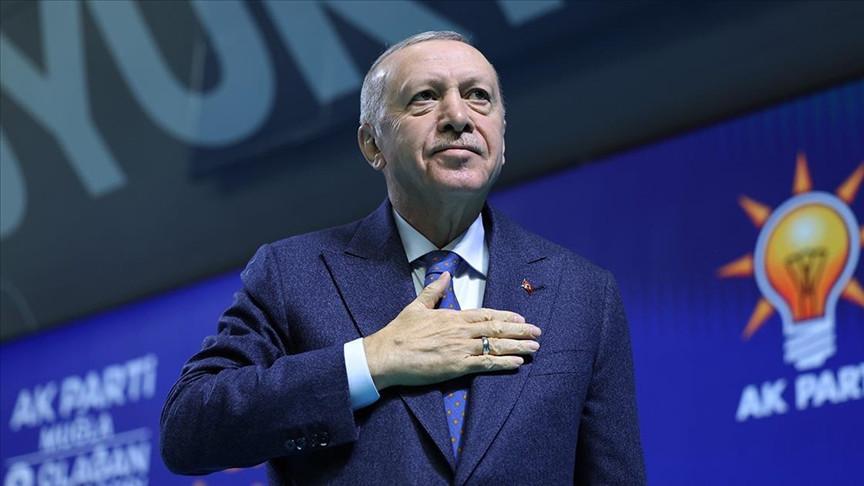Danger of Afghan delay
Maleeha LodhI
There seems to be no immediate prospect of reviving the stalled Doha process that was launched in June with the aim of finding a negotiated end to the 12-year old Afghan war.This has added to doubts about the stability of post-2014 Afghanistan. By now a peace process should have been in place to provide the crucial underpinning for a smooth transition in December 2014, when NATO’s combat mission ends in Afghanistan. But this has yet to happen.
The trajectory of developments before and after the June 18 diplomatic fiasco in Qatar is well known.
The opening of a Taliban office in Doha was intended to kick off an Afghan peace process. Instead it sparked a diplomatic row. President Karzai announced a boycott of the Doha process in protest over the Taliban’s use of the ‘Islamic Emirates’ sign and flag, accusing Qatar and the U.S. of duplicity. He also suspended talks with Washington on the Bilateral Security Agreement (BSA) aimed at a post-2014 US military presence in Afghanistan.
As a result Washington cancelled direct talks it earlier envisaged with the Taliban. And the Taliban announced the (temporary) closure of the office. This setback was widely ascribed to misunderstandings created by Qatar’s inability to manage what was to be a carefully choreographed affair. It handed Karzai with justification to halt the process, having objected to a Taliban office on various grounds in the past two years.
The Taliban felt they had been hoodwinked into issuing a statement Washington made a pre-requisite for their office. Read out at the inauguration, this statement contained the undertaking that Afghanistan’s soil would not be used against other countries. Finding that the Doha process had been stopped in its tracks, Taliban leaders demurred over accepting terms spelt out to restart the process, deeming them as ‘humiliating’.
Meanwhile, relations soured between Washington and Kabul and between Kabul and Islamabad. Kabul fired a volley of inflammatory statements accusing the U.S. and Pakistan of ‘conspiracy’ and characterizing the Doha office as a “plot aimed at splitting or breaking up Afghanistan.”
Washington seemed unable to change Karzai’s unhelpful stance. Karzai insisted that talks only take place between his High Peace Council and the Taliban and on terms that expected the Taliban to surrender rather than negotiate. Had the Doha process not been disrupted, it would have first led to talks between American and Taliban representatives, and then among Afghans themselves.
After the Doha episode Washington’s efforts shifted to raising the stakes with Kabul to secure the BSA rather than revive Doha. The security deal appeared to take priority over peace efforts, even though U.S. officials insisted their talks offer to the Taliban remained on the table, subject to agreement on rules for the office.
That the BSA became the Obama administration’s immediate concern was evident from the brinkmanship between Washington and Kabul. This was illustrated by a July 8 report in the New York Times, which stated that Obama was giving “serious consideration” to a “zero option” that would leave no U.S. residual force in Afghanistan after 2014.
Deployed as a bargaining tactic, the ‘zero-option’ evoked skepticism in Kabul. Government spokesmen dismissed this as “a pressure tactic.”
Nevertheless, U.S. diplomatic energies remain focused on reviving talks on the BSA – that are still suspended – to secure Karzai’s agreement. With Karzai linking his objection to the Doha process to the BSA, Washington’s strategy seems to be to first clinch the security deal, and then address the Taliban talks issue.
This raises an important question. What if Karzai plays this down to the wire and drags out the BSA negotiations so that chances fade for a revival of Doha as time wears on? Prolonged delay can unravel even the tentative understandings that paved the way for the Taliban office. And they can doom prospects for future negotiations. The closer the 2014 deadline gets the less incentive the Taliban have to negotiate.
Delay in commencing the peace process also has a crucial bearing on conditions in which the Afghan Presidential election will be held in April 2014, now barely nine months away. The smooth conduct of elections can best be ensured if synchronized with progress in reconciliation. Without that, the danger looms of the election turning into a controversial affair. This could spark turmoil rather than stich up a peaceful transition of power. The most serious consequence of delay in launching peace talks will be to heighten the risk of a chaotic outcome after 2014.
Maleeha Lodhi served as Pakistan’s ambassador to the US and United Kingdom. This piece first appeared on Khaleej Times.











